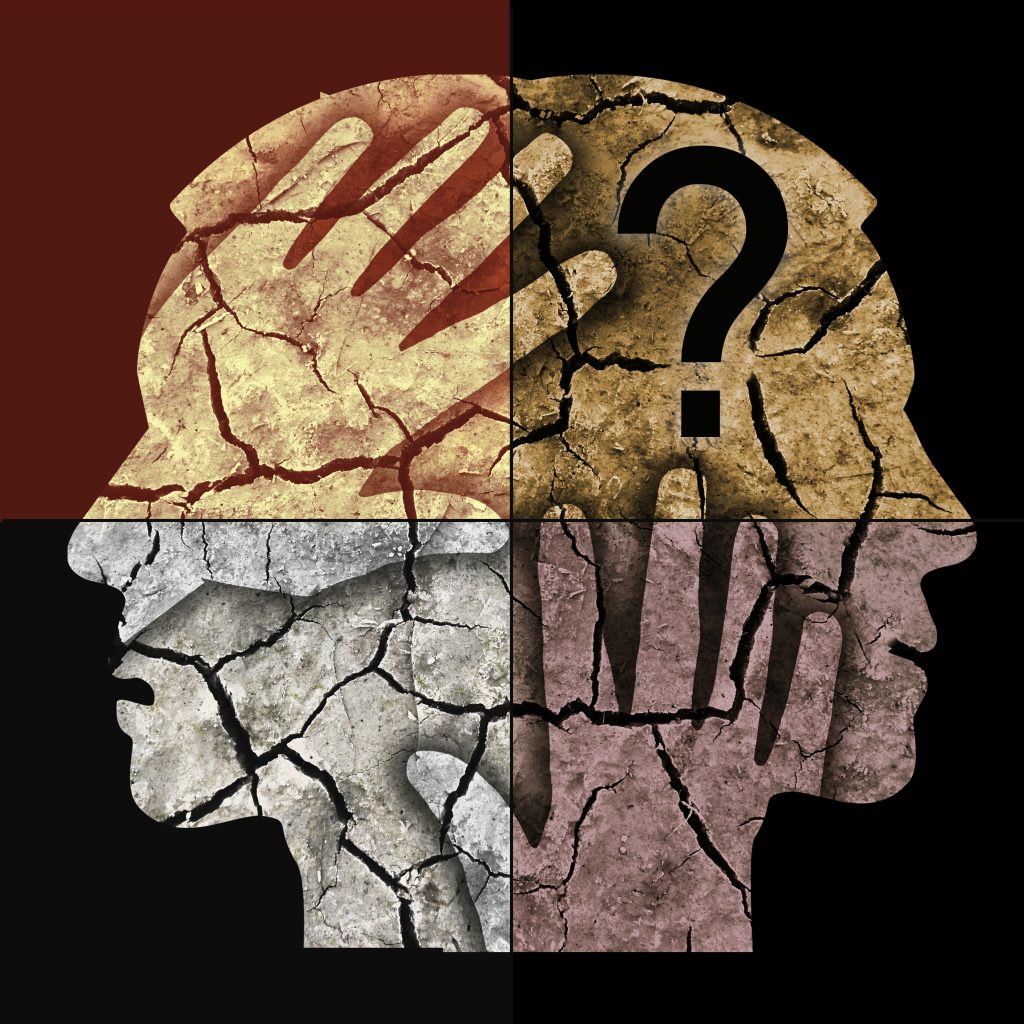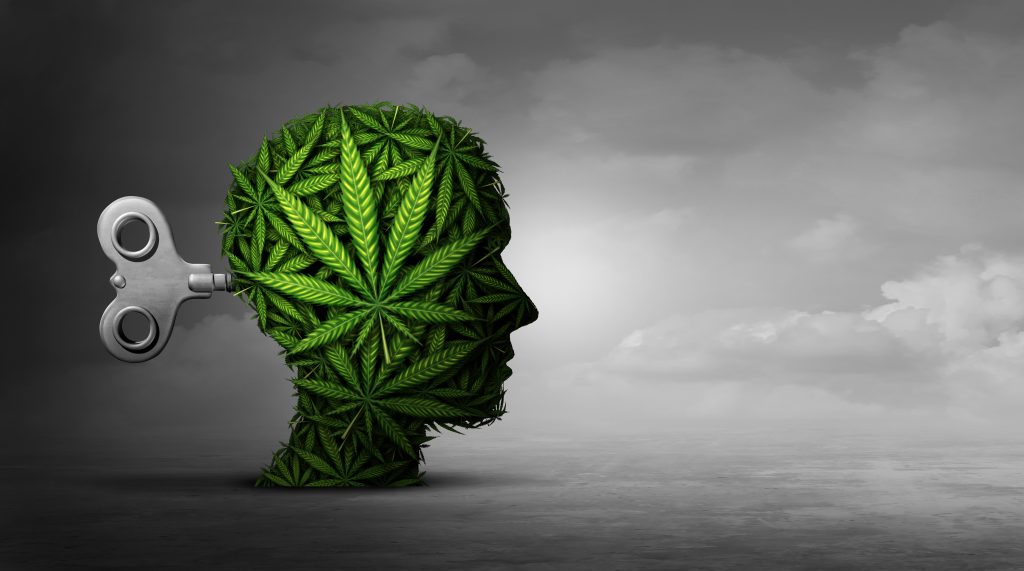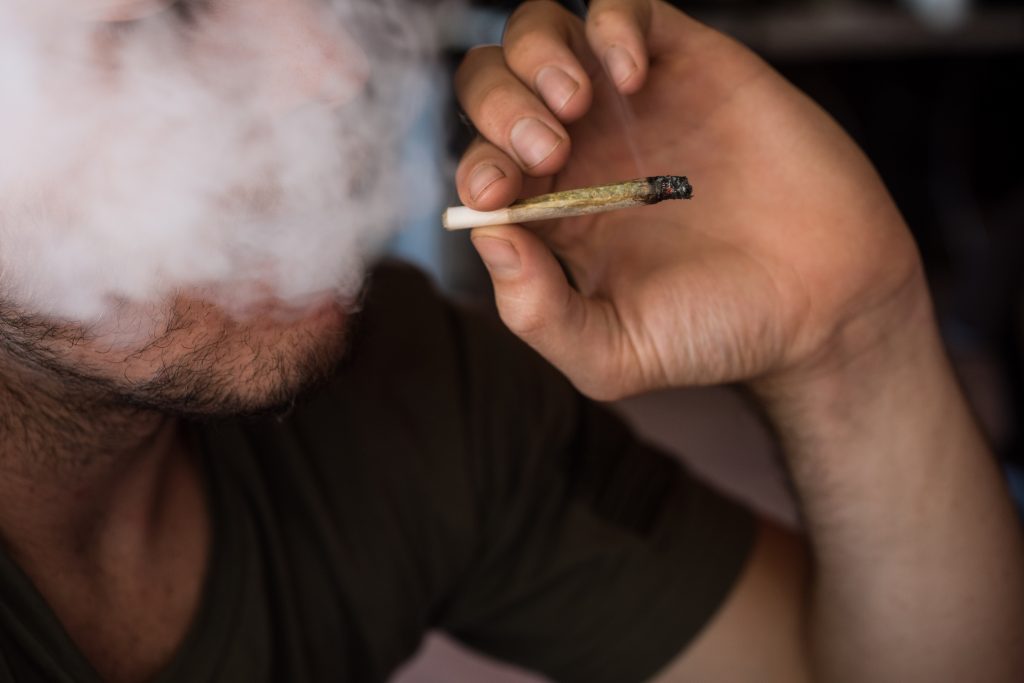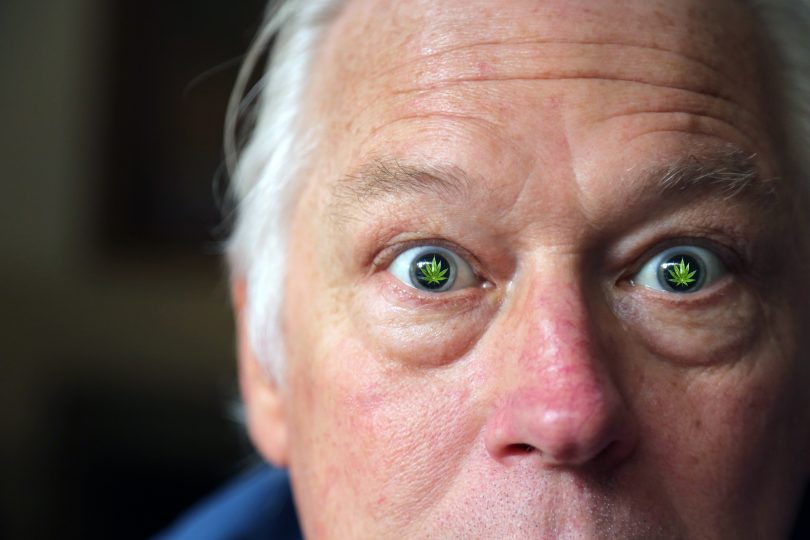In the whole ‘scare’ industry of marijuana, there’s a lot of weird, often illogical, mainly contradictory, and definitely silly stuff floating around. Often, when investigating further, it’s found that there’s a lot of talk, but not a lot of substantial information that this talk is based on. One of the more troubling theories, as far as I’m concerned, is that cannabis and schizophrenia are linked. Is this something that the standard marijuana smoker really has to worry about?
The holidays are over, but you still have shopping to do! We’ve got you covered with all the best Delta-8 THC deals right here!! Make your whole family happy, even after the holidays!!
What is cannabis?
Cannabis is a flowering plant of the Cannabaceae family. It’s generally split into three species: Cannabis sativa, Cannabis indica, and Cannabis ruderalis. Some people consider them to be all the same species. Cannabis is known for its hemp fiber properties, its medicinal abilities, and its psychoactive effects, the latter of which have caused the plant to be unnecessarily scheduled in ways that keep it from public use.
Generally speaking, when referring to a plant that is less high in the psychoactive compound THC, the plant is considered hemp, and when it contains a large amount of THC, it’s considered marijuana. The cutoff in the US is .3% according to the last farm bill, but Europe makes the distinction at .2%. This distinction separates what can be used medicinally in many locations, especially where low-THC products are legal, but high-THC products are not.
What is schizophrenia?

Schizophrenia is a brain disorder which can include delusions and hallucinations for the sufferer. The condition is also associated with disorganized speech, general lack of motivation, and issues with proper thinking patterns. For many who suffer from it, it creates an inability to distinguish reality from fantasy. The symptoms of the disorder often take place in episodes of high intensity, intertwined with periods of normality. Approximately 1% of the population is estimated to have schizophrenia. As of right now there is no cure for the disorder, and those with the condition are generally relegated to high doses of very strong medication. It is said that with medication, many with the affliction are able to keep their symptoms under control. There is no specific test that will give an answer as to whether a person has schizophrenia. Like many psychological disorders it is merely characterized by its symptoms, and diagnoses are given based on these symptoms.
Rates are similar between the sexes, and the general prevalence remains the same when looking at global cases. Symptoms generally emerge within early adulthood, and in order for a diagnosis to be made, they must be consistent for six months. As mentioned, mental disorders are not physically testable, with no way to establish for sure if a person has it. Plus, what exactly ‘it’ is, can be defined differently by different medical personnel. While this isn’t an article to question the actual validity of a schizophrenia diagnosis, it is one to question if a poorly defined diagnosis of a disorder without a medical proof of diagnosis, is enough to establish a connection between the use of a drug, and the disorder’s prevalence.
The difference between definable disorders and indefinable disorders
Having Down’s Syndrome, and having schizophrenia are two very different things. They are different in terms of general behaviors shown, as well in how the disorders are understood. Down’s Syndrome is trisomy 21, an autosomal disorder of the 21st chromosome, in which sufferers have an extra chromosome. It can be seen in genetic testing. What else can be seen and proven in testing? Pretty much any microbial disease, whether its viral, bacterial, or fungal, can be seen and identified under a microscope. Things like cancer can be tested for with a positive or negative outcome. Either you have it or you don’t. Either the lump growing inside is a mass of cells spinning out, or its just something else, with its own definition.
Other brain issues are easily definable. If a person has a stroke, that can be known, and it doesn’t have to be confused with other brain issues. Doctor’s don’t have to wonder, for example, if the person had a stroke or a heart attack, they can do testing to establish a positive or negative on either. Even things like mental retardation, that can come from a host of different factors, can often show up in brain scans, especially if there is physical damage to the brain.
A psychological disorder is simply defined as: “a syndrome characterized by clinically significant disturbance in an individual’s cognition, emotion regulation, or behavior that reflects a dysfunction in the psychological, biological, or developmental processes underlying mental functioning. Mental disorders are usually associated with significant distress or disability in social, occupational, or other important activities…” according to the DSM V – the book of psychological definitions that was put together by a group of people based on their opinions. The logical issue with a definition like this, is that it makes essentially all diagnoses, subjective. Meaning that a person can go to two different psychologists (or psychiatrists) and get two entirely different diagnoses.

What stands out to me most in the definition, though, is this line: “Mental disorders are usually associated with significant distress or disability in social, occupational, or other important activities”, which indicates a level of anxiety to all mental illness. Stress is actually something that can be tested for in different ways, like the amount of the stress hormone cortisol found in the blood. This statement implies that while ‘mental disorder’ can’t readily be defined in a way that everyone is happy with, it can be somewhat established that everything (or most things) under that title involves anxiety of some kind.
Are there links?
I don’t know. The purpose of this article was to talk about links between cannabis and schizophrenia. The biggest issue here, for me, is that schizophrenia is not a proof positive disease, and cannot be physically tested for, making any connection between it and another factor, completely speculative. The problem is that different specialists can make very different diagnoses, and if each diagnosis is 100% established by someone’s opinion – with no way to test or confirm this – then it becomes a matter of opinion if someone has schizophrenia, and not a medical fact. While this opinion can be argued into the night, you’ll find that no one arguing it can provide a proof-positive model for establishing the existence of the disease apart from a psychological analysis. And that means that every study done to investigate a causal relationship between cannabis and schizophrenia, is done using the speculative opinions of the health professionals involved, with no way to confirm the validity of any case.
I could bring up several studies that have investigated this connection. But in each case, I’m so limited by not having a standardized or confirmable version of what schizophrenia should be / is, that considering data from any of them seems irrelevant. Considering the inability to define the disease through medical testing, it’s a wonder, to me, that so many studies have been done to investigate its causal nature to different factors. And yes, this statement would be true of any indefinable, untestable psychological disorder, when trying to make statements about its onset, or even general existence. It’s one thing to know that someone has some kind of issue, but in a field where there are no real, definable, measurable, medical answers, it’s dicey to go this far with speculation. Is there a connection between cannabis and schizophrenia? Right now, it’s not a testable hypothesis.
The not-obvious, obvious
People have been smoking cannabis for thousands of years. It is a part of both the Ayurvedic and Chinese Medicine traditions, with nothing obvious written about causing mental disturbances. Approximately 1% of the population is said to have these symptoms, with no change in this through time. This last statement is probably the most important, even without a medical test to substantiate its existence, it’s still being diagnosed at about the same rate, and this despite massive societal issues with things like opioids, which are much more obvious in the damage that they cause (makes you wonder why we’re even talking about cannabis).

It’s also good to remember, that cannabis is often associated with helping brains, both with neurodegenerative diseases, and psychological disorders. Much like trying to assign an issue of brain damage with smoking cannabis as a teenager, there is really nothing useful medically here, and nothing that can be proven. Not only that, there doesn’t seem to be an issue worth trying to prove. The prevalence of schizophrenia has not increased, which means there isn’t much reason to be investigating cannabis for its existence or exacerbation. It’s general stability and low rate, essentially make cannabis a non-issue. The last sentence is a statement of personal opinion, but until actual medical methodology improves to create the ability for confirmable diagnoses across time and space, I see no reason to change it. Until schizophrenia can be confirmed, trying to find what causes it, is backwards.
Conclusion
It’s not for me to say if cannabis causes (or exacerbates) any kind of disorder, and therefore if cannabis and schizophrenia are related. But it’s also not for anyone else to make that statement without the ability for medical testing. The unfortunate part about this new fear-inducing ‘connection’ between cannabis and schizophrenia, is that it comes from nowhere, is based on nothing (as there was never an increase to investigate), and has no ability for measurement beyond opinion-based diagnoses.
It’s not weird or out-there to consider that something inhaled into the body could cause a problem with the brain. It’s not weird to think that something that can be beneficial for some, could be detrimental to others, or that a substance could be positive in one vein and negative in another. All that is fine and good, but it has to be shown. And right now, as cannabis becomes legal in more places, these weird fear stories, that can’t be proven or disproven, keep popping up. I say, do the research, find as many answers as possible, but be logical in these undertakings. And if there is no provable connection, move on to a testable hypothesis.
Thanks for dropping in at CBDtesters.co, your best location for all cannabis-related news. Keep up with us regularly, and sign up to our newsletter so you never miss a beat!
Cannabis and Schizophrenia – Resources
Using CBG To Treat Clinical Depression
First Ever Virtual CannX 2020 Conference – October 26th, 2020
India’s Bhang Loophole, and the Question of Legalization
Best Way to Detox Cannabis For Drug Tests
Is CBD Effective for Treating Bipolar Disorder? Best Deal Of The Year – $9.99 Delta 8 THC Vape Cartridges
What is DELTA 8 THC (FAQ: Great resource to learn about DELTA 8THC)
Mexico Delayed Cannabis Bill Again
America Is Cannabis Friendly – It’s Official
The CBD Flowers Weekly newsletter (your top resource for all things smokable hemp flowers)
The Medical Cannabis Weekly newsletter (International medical cannabis business report)
A Complete Look At Cannabis and Depression
The Delta 8 Weekly Newsletter (All you need to know about Delta 8 thc) and the Best Black Friday Delta 8 THC Deals 2020. Cannabis Election Results –Cannabis And The Elderly: A Neurophysiological And Pharmacological Review CBD For Depression: Faster Than Conventional Antidepressants
Best Delta-8 Deals, Coupons and Discounts
A Complete Look At Cannabis and Depression
Ask A Doctor – CBD Interactions And Neuropathic Pain
Will Legal Synthetic Cannabinoids Take Over Cannabis Industry? Best Ounce Deals on Indoor Hemp Flowers
Ask A Doctor – Neurology – Strokes & Seizures Best Hemp Flowers Deals
CBD’s Role in the Treatment of Multiple Mental Health Disorders









